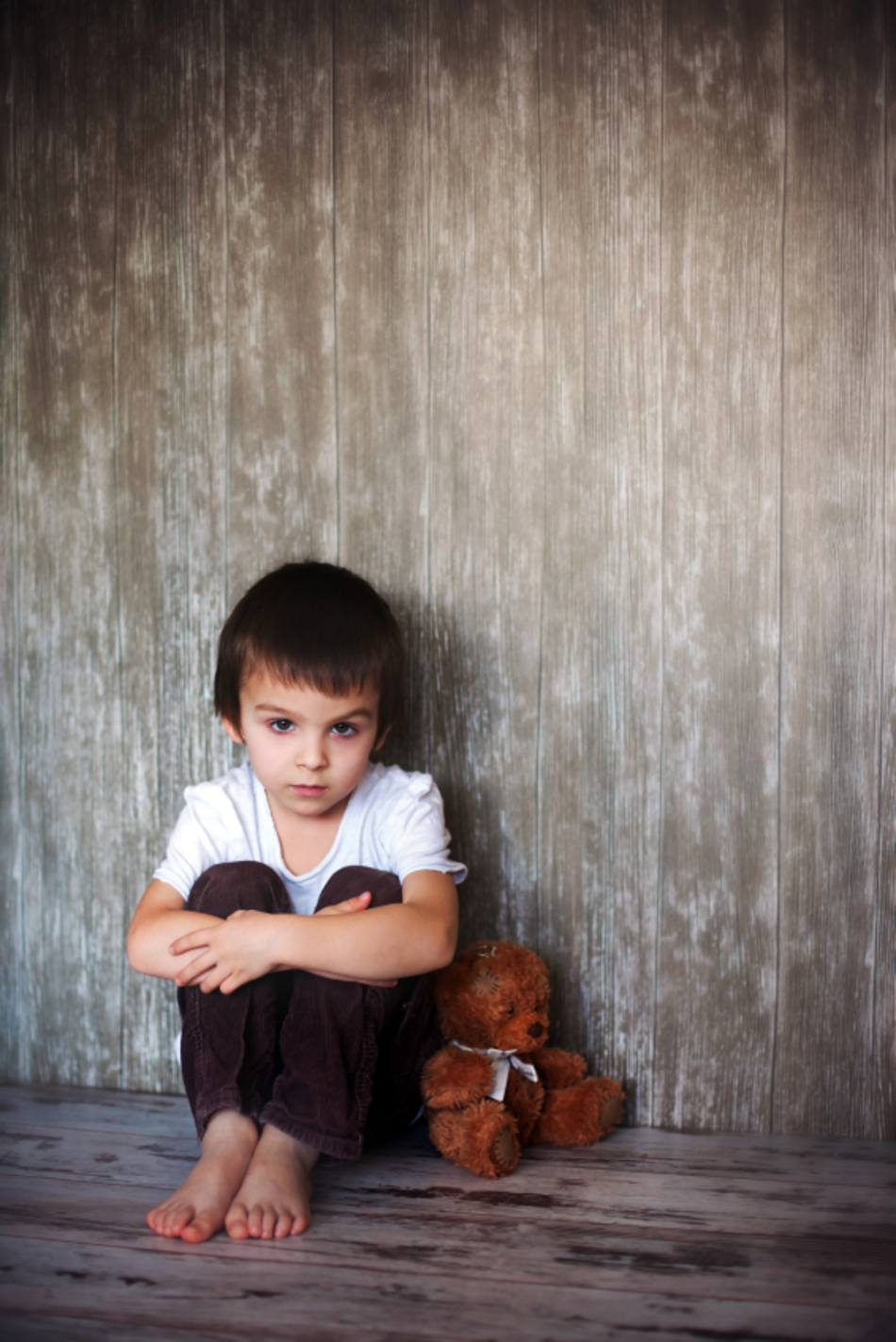
Episode Transcript
Dr. Gellner: There seems to be an increase in the number of children with mental health needs that pediatricians are seeing. I'm Dr. Cindy Gellner, and we will discuss that today on The Scope.
Announcer: Keep your kids healthy and happy. You are now entering the Healthy Kids Zone with Dr. Cindy Gellner on The Scope.
Dr. Gellner: Nearly five million children in the U.S. have some type of serious mental illness, one that significantly interferes with their daily life. In any given year, 20% of American children will be diagnosed with a mental illness.
Identifying mental disorders in children can be tricky for health care providers. Children differ from adults. They experience many physical, mental and emotional changes as they progress through their natural growth and development. They're also in the process of learning with how to cope, adapt and relate to others in the world and around them.
There are several different types of mental disorders that can affect children and adolescents. These include anxiety disorders, attention deficit and hyperactivity disorder, disruptive behavior disorders, pervasive developmental disorders, eating disorders, elimination disorders where their behaviors is related to bathroom habits, learning and communication disorders and mood disorders.
Symptoms in children vary depending on the type of mental illness. In general, the symptoms include an inability to cope with daily problems and activities normal for their age, changes in sleeping or eating habits, and excessive complaints of physical ailments. Usually a parent will say that they'll bring their child to the doctor and there's nothing physically wrong with them and this happens over and over.
They can defy authority, skip school, steal or damage properties. Their frequent outbursts of anger, again, above and beyond what is normal for their age group, loss of interest in friends and activities they used to enjoy, excessive worrying or anxiety, hyperactivity or persistent disobedience and aggressive behavior.
The exact cause of most mental disorders is not known, but research suggests that a combination of factors, including heredity, biology, psychological trauma and environmental stress, may be involved. Many mental disorders run in families. As in adults, many mental disorders in children have been linked to abnormal functioning in particular brain regions that control emotion as well. Some mental disorders might be triggered by psychological trauma such as severe emotional, physical or sexual abuse. Stressful or traumatic events can trigger a disorder in a person with a vulnerability to a mental disorder, for example, if there's a lot of family discord in a child's life and the family has a history of mental illness, you're more likely to see problems in the child.
Mental disorders in children are diagnosed based on symptoms and behaviors. However, diagnosing mental illness in children can be especially difficult. Many behaviors that are seen as symptoms in mental disorders, such as shyness, anxiety, strange eating habits and temper tantrums, can occur as a normal part of a child's development. Behaviors become symptoms when they occur very often, like daily, last a long time, occur at an unusual age, such as children who are close to teenage years who are acting like they were five, or they cause a significant disruption to the child or family's life, such as if the child refuses to go to school.
If the symptoms are present, your pediatrician will begin an evaluation by performing a complete medical and developmental history and an exam. There are no lab tests that can diagnose mental disorders. If no physical illness is found, most pediatricians will help figure out a behavioral plan for your child and may prescribe medications. Your child may also be referred to a child or adolescent psychiatrist, psychologist or social worker who is specially trained to diagnose and treat mental illness in children.
Psychiatrists and psychologists use specially designed interview and assessment tools to evaluate a child for a mental disorder. They have many other tests that they can do than your pediatrician may be able to do in the office. Whether it's a pediatrician or a mental health professional, the doctor must often rely on reports from the child's parents, teacher or other adults, because children often have trouble explaining their problems and understanding their symptoms.
Mental illnesses are like medical disorders such as diabetes or heart disease. They require ongoing treatment, and the treatment for children is not well understood. The most common treatment options include medication, psychotherapy which is a type of counseling, and creative therapy such as art therapy or play therapy when the children are very young.
Without treatment, many mental disorders can continue to adulthood and lead to problems in all areas of a person's adult life. This includes alcohol or drug abuse, violent or self-destructive behaviors and even suicide. When treated appropriately and early, many children can successfully control their symptoms.
Most research on mental illness has centered on adults. However, the mental health community has begun to focus on mental health in children even more as the prevalence increases. Researchers are trying to figure out nature versus nurture, or a combination of both, are contributing to the increase in mental health disorders in children.
Most mental health disorders are caused by a combination of factors that cannot be prevented. If the symptoms are recognized and treatment is started early, many of the distressing and disabling effects of a mental disorder may be prevented or at least minimalized.
If you think your child has a mental disorder, please speak to your pediatrician about it. Again, your pediatrician may be able to treat it or you may be referred to a psychiatrist. The most important thing is you follow through on all recommendations that are advised by your pediatrician for the best outcome for your child.
Announcer: TheScopeRadio.com is University of Utah Health Sciences Radio. If you like what you heard, be sure to get our latest content by following us on Facebook. Just click on the Facebook icon at TheScopeRadio.com.